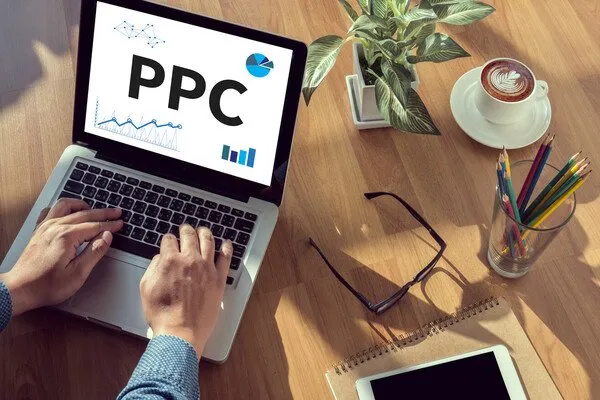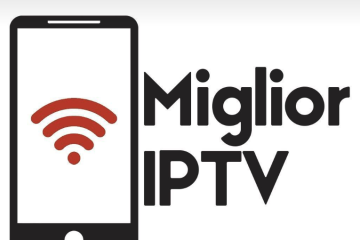Pay-per-click (PPC) advertising is one of the most effective ways to drive targeted traffic to your website and boost your campaign success. By leveraging the right techniques, businesses can achieve higher visibility, attract more potential customers, and ultimately increase conversions. Whether you’re working with affordable social media management services or handling PPC campaigns in-house, implementing the right strategies is key to maximizing your ROI.
Understanding PPC Advertising
PPC or Pay-Per-Click is an advertising model where the advertiser pays to have their ad appear on a certain website. It is a process of paying people to visit your site as opposed to trying to get people to visit your site naturally. Of all the PPC campaigns, search engine advertising can be considered one of the most effective as it enables the businesses to bid for the opportunity to place their ads on the sponsored links of the selected search engine whenever a particular keyword related to the organizational offerings is searched for by the customers.
It involves several components such as keywords, ad text, relevant landing pages, and bid prices. When applying these elements businesses can create highly effective campaigns and achieve great outcomes.
Key PPC Advertising Techniques for Success
To maximize the effectiveness of your PPC campaigns, it’s essential to implement strategies that are data-driven and customer-focused. Here are some key techniques to consider:
1. Conduct Thorough Keyword Research
Most PPC managers agree that keyword research forms a key starting point when developing any PPC marketing strategy. Selecting the right keywords is very important in that you want your ad to show up where people who may be interested in your products or services are searching.
That is why, it is recommended to use Google Keyword Planner or any other tools like SEMrush or Ahref to find the keywords with the highest performance indicators for your business. It is recommended to target both short-tail and long-tail keywords for a combination of both high and low competitor traffic. Also, when using the keywords, it is important to identify their purpose: if the user is searching for info, if they are ready to buy something or if they are actively comparing the options.
2. Optimize Your Ad Copy
Good ad copy is an important thing because the main goal of advertising is to make users click and buy as soon as possible. The ad copy you should use should be simple, easily understood and must contain a message that is in line with the vision of the target market. Emphasize the features that will appeal to your target audience and always have a persuasive CTA that will make users click on your advertisement.
Test out various headline and description styles, as well as a variety of CTAs, to better understand which strategies work best. The other thing you have to do is to regularly conduct ad copy A/B tests to determine which variation is most effective and improve your campaigns accordingly.
3. Create High-Quality Landing Pages
After a user clicks on the ad, the visitor should be forwarded to a landing page that is closely related to the ad and is designed for conversion. The typical landing page needs a headline that is appealing, persuasive text, and an engaging form or call to action to entice the users to take the intended course of action.
Check that your landing pages are easy to respond to, fast to load, and easy to navigate on mobile devices. The aim is to provide website visitors with a seamless transition to other steps such as buying a product, subscribing to a newsletter or filling out a contact form.
Leveraging White Label Social Media Reseller Programs
For businesses looking to expand their digital marketing offerings, partnering with a white label social media reseller can be a game-changer. These programs allow you to offer social media management and PPC services under your own brand without having to develop these capabilities in-house.
White-label resellers offer the necessary skills and tools to run effective PPC campaigns, starting with market analysis and ad development and ending with continuous monitoring and analysis of the results. This means that you can offer services that meet your client’s needs and expectations without compromising on other areas of your operation.
Probably the most important advantage of integrating white label services into your product line is that you will be able to attract more clients, diversify your revenue streams, and advertise your company as a full-service digital marketing agency.
Measuring and Optimizing PPC Campaign Performance
Finally, to guarantee that all the PPC initiatives developed meet the objectives set, it is vital to pace your results and make necessary alterations. Metrics like click-through rate (CTR), conversion rate, cost per click (CPC), and return on ad spend (ROAS) give insights into the performance of the respective campaigns.
It is therefore advisable to review these metrics from time to time to ascertain which of them are worthy of improvements. For instance, if you are registering a low CTR, you might have to revisit your ad text or change your keywords. If your conversion rate is low, try fine-tuning your landing pages or tweak the bidding strategy you have in place.
As a result, you must keep track of your PPC campaigns and adjust them accordingly to maximize your ROI.
Conclusion
PPC advertising is an effective means of bringing relevant traffic and increasing the efficiency of the campaigns. When you follow the basic guidelines of good keyword research, proper ad copy and landing page optimization, and utilizing cheap social media management and White-Label Social Media Reseller Services, including the use of meta key words, you can develop meaningful and highly successful campaigns.
By incorporating the use of PPC advertising in a modern world that is filled with stiff competition, businesses stand a better chance of making the necessary connections, making effective sales and coping with the stiff competition in the market.
FAQs
1. What is PPC advertising, and how does it work?
PPC advertising is a model where advertisers pay a fee each time their ad is clicked. It’s used to drive targeted traffic to a website by bidding on keywords relevant to the business.
2. How can affordable social media management help with PPC campaigns?
Affordable social media management services can assist with optimizing your social media ads, managing budgets, and tracking performance to ensure your PPC campaigns are cost-effective and successful.
3. What are the benefits of partnering with a white label social media reseller?
Partnering with a white label social media reseller allows businesses to offer comprehensive digital marketing services, including PPC management, under their own brand without needing to build these capabilities in-house.




